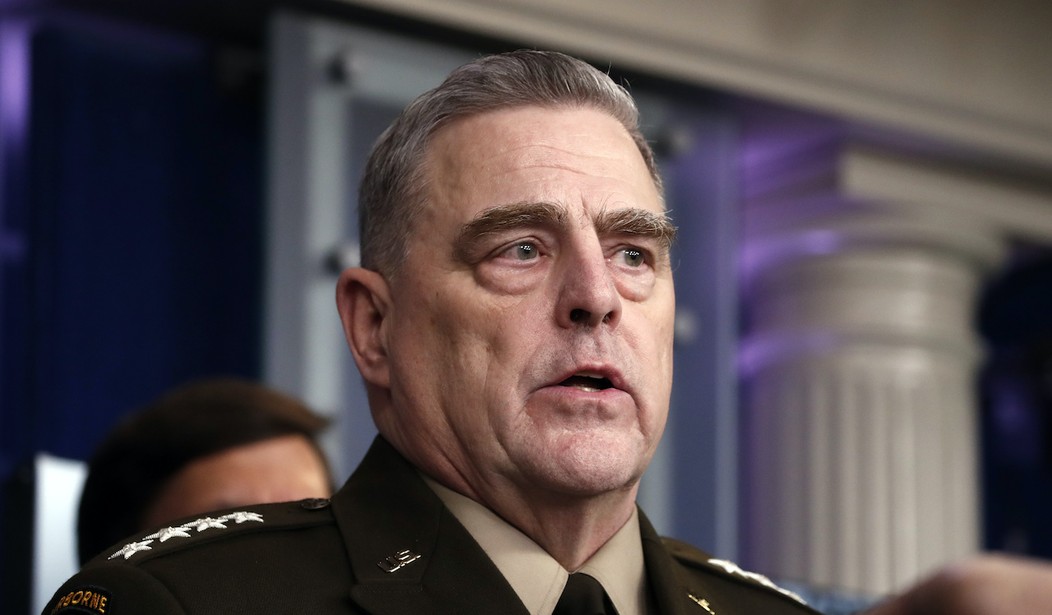Former Acting Director of National Intelligence Richard Grenell is pouring cold water on new reporting from Bob Woodward, detailed in the Washington Post Tuesday, that General Mark Milley vowed to give China a heads up if President Donald Trump ordered an attack.
Bob Woodward has become the Michael Wolff of Washington, DC.
— Richard Grenell (@RichardGrenell) September 14, 2021
It’s hard to believe anything the two of them write.
Trump isn’t a war starter and I don’t believe Milley thought he was. https://t.co/4KAX8vLQi1
He's also dismissing calls from Alexander Vindman, the "whistleblower" behind Trump's first impeachment over a phone call with Ukrainian President Volodymyr Zelensky, for Milley to resign.
Once again, Vindman shows he acts on gossip and innuendo. https://t.co/EnovkNshed
— Richard Grenell (@RichardGrenell) September 14, 2021
From the Washington Post's reporting on Woodward's book:
In the book’s account, Milley went so far as to pledge he would alert his counterpart in the event of a U.S. attack, stressing the rapport they’d established through a backchannel. “General Li, you and I have known each other for now five years. If we’re going to attack, I’m going to call you ahead of time. It’s not going to be a surprise.”
Believing that China could lash out if it felt at risk from an unpredictable and vengeful American president, Milley took action. The same day, he called the admiral overseeing the U.S. Indo-Pacific Command, the military unit responsible for Asia and the Pacific region, and recommended postponing the military exercises, according to the book. The admiral complied.
Milley also summoned senior officers to review the procedures for launching nuclear weapons, saying the president alone could give the order — but, crucially, that he, Milley, also had to be involved. Looking each in the eye, Milley asked the officers to affirm that they had understood, the authors write, in what he considered an “oath.”

























Join the conversation as a VIP Member